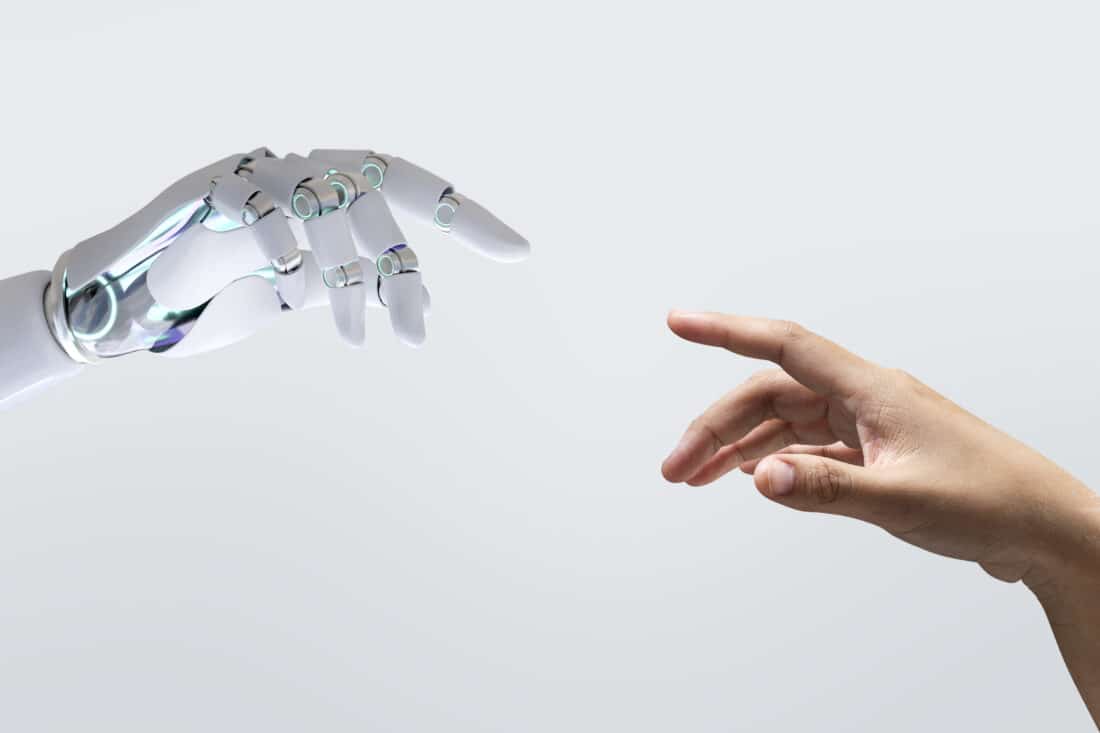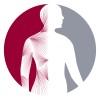
Creasphere Insights – Digital Twin
#2 Trend Overview for 2022
The pursuit of achieving personalized treatment possibilities and optimized health outcomes at scale is one of the key driving forces that will also continue to be explored in 2022. A central framework to foster greater healthcare individualization can be found in the Digital Twin technology. Digital Twins are defined as the virtual replication and real-time representation of physical objects or processes. The concept can be applied to multifold use cases in the healthcare context such as the virtual representation of parts of the human body, performance and interactions of medical devices, the impact and effect of pharma drugs as well as digital twin modelling of individual diseases themselves. The process of virtualization helps achieve improved and faster insights into the development and application of new therapies by simulating multiple outcome scenarios, mitigating risk and increasing the likelihood of treatment effectiveness.
Top-5 Digital Twin Health Startups to look out for in 2022:
Hereinafter, we will explore a selection of pioneering companies that leverage Digtial Twin technology for targeted use cases in the healthcare system and beyond:
1. Leveraging digital twin technology for holistic health risk-scoring and disease prediction:

Predictiv
Founded in 2020, the Silicon Valley-based startup Predictiv creates a digital twin profile of the individual user or patient based on genomic testing. Predictiv identifies the genetic predispositions for diseases so patients can take preventive actions before symptoms appear. By sequencing the whole exome (20,000 genes) and comparing it with over 16,000 diseases, physicians can use patients’ risk profiles to decide what preventive actions to take. Predictiv is the first DNA-based Digital Twin to predict and prevent over 16,000 diseases and simulate personalized reactions on 750+ drugs.
2. Leveraging digital twin technology for medical device design and optimization:

Founded in 2019, the Munich-based startup Virtonomy is creating the first web platform for use by medical device developers that utilizes digital twin modelling of patients and medical devices. The conventional way of medical device testing is associated with tremendously increasing costs that expose many patients to unproven therapies. Hence, unethical animal trials and highly risky human trials are still used in the traditional trial setting. Virtonomy leverages virtual patients for data-driven clinical trials, thereby shortening the time to market for life-essential medical devices, accelerating medical innovation, and significantly reducing costs by up to 50%.
3. Leveraging digital twin technology for pharma clinical trial management and optimization:

Founded in 2017, the San Francisco-based startup UnlearnAI is a pioneering company using AI to create digital twins to populate intelligent control arms in clinical studies. By leveraging historical datasets and disease-specific machine-learning models, Unlearn generates virtual patients, created from actual patient baseline data in clinical studies, genomic data sets, historic patient data, and more to mimic drug-to-patient interaction and effect in a virtual setting. This novel approach increases trial power and confidence, accelerates trial timelines, and enables patient-level insights.
4. Leveraging digital twin to replicate human psychology and consciousness:

Founded in 2020, the US startup MindBank AI has developed a virtual platform to record, store and secure personal thoughts, knowledge and memories. Leveraging structured learning algorithms and AI, the company is aiming to replicate human thought patterns, creating a digital twin of the individual user’s state of mind and consciousness. The company offers a Siri-like interface based on conversational AI to engage with the user and capture his ongoing thought process. Mind Bank AI aims to create mind-based digital twins to push the user to greater self-reflection, mental sparring, personal growth and development.
5. Leveraging digital twin technology for predictive maintenance of healthcare infrastructure, processes and devices:

Founded in 2009, the Toronto-based scaleup ThoughtWire aims to replicate and virtualize facility environments, assets and processes. By orchestrating data from people, processes, and the physical built environment ThoughtWire can achieve virtualized hospitals, commercial buildings, and cities. Powered by Digital Twins, hospital virtualization helps in the intelligent streamlining of patient pathway modeling, care service coordination, and smart resource allocation in order to optimize hospital performance and workflow efficiency.

